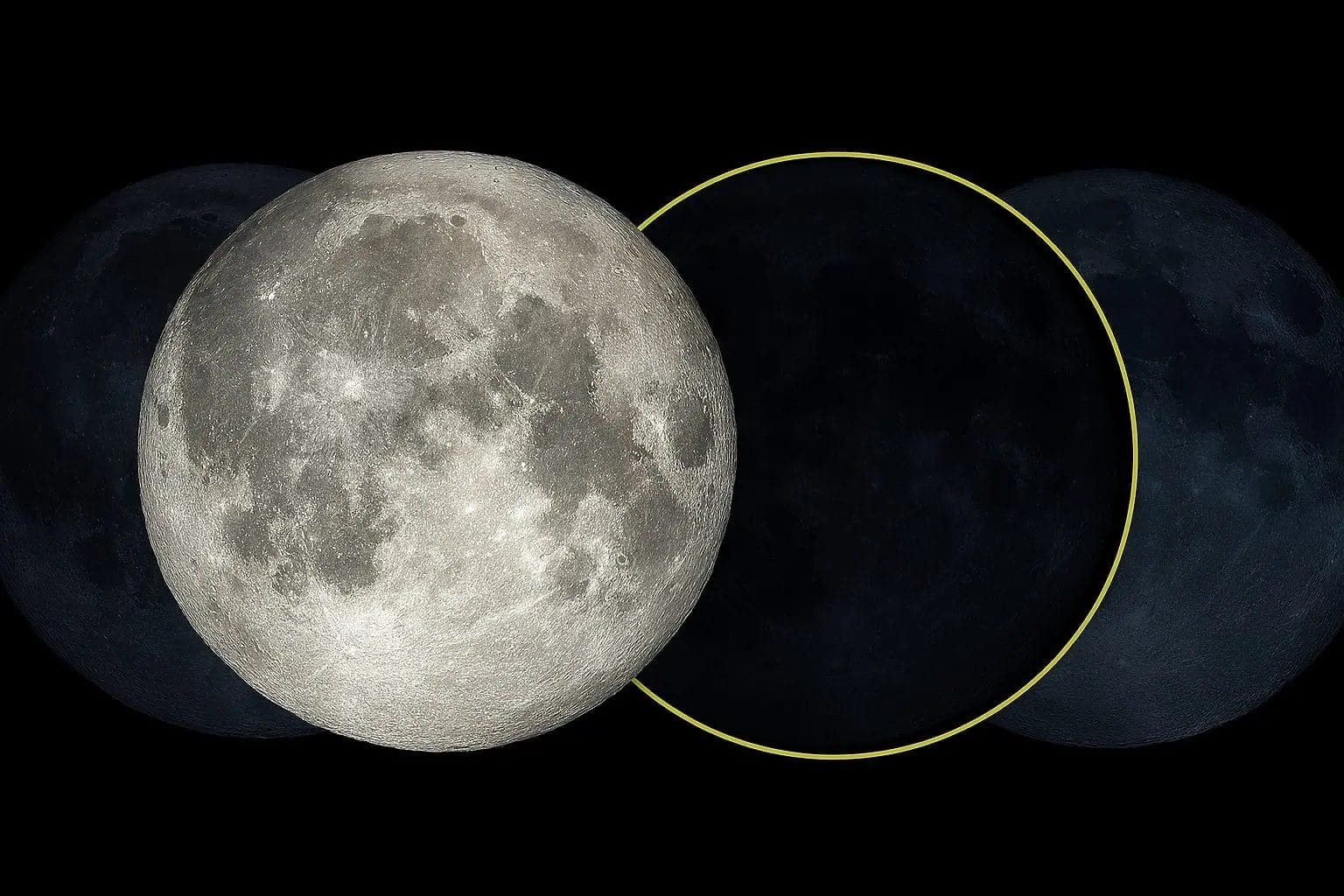

STARGAZERS across Spain are in for a treat tonight as a rare astronomical phenomenon creates perfect conditions for viewing the night sky.
The so-called Black Moon occurring on the night of August 22-23 will leave skies darker than usual, allowing stars to shine more brightly and the Milky Way to appear with exceptional clarity.
Whilst the Black Moon itself cannot be seen for obvious reasons, its absence will create ideal conditions for astronomical observation, eltiempo report.
The term Black Moon is not an official astronomical one but describes exceptional moments in the lunar calendar.
Tonight’s event marks the third of four New Moons occurring during astronomical summer 2025, an unusual occurrence as typically only three are observed during this period.
This summer, spanning June 20 to September 22, will see four New Moons fall on June 25, July 24, August 23, and September 21.
The August occurrence therefore qualifies as a seasonal Black Moon – the last one occurred in May 2023, and the next won’t arrive until August 2028.
READ MORE: FIRE LATEST: 18 large wildfires remain active as lower temperatures help to contain blazes in Spain
Across Spain, from the peninsula to the Canary Islands, the early hours of tonight and tomorrow morning will provide particularly favourable conditions for stargazing.
The timing also coincides with the final flashes of the Perseid meteor shower, summer’s most prominent meteor display, whose peak occurred earlier this month but remains visible until around August 24.
Without the usual lunar glare interfering with visibility, amateur astronomers and casual observers alike will have a rare opportunity to see celestial objects that are normally obscured by moonlight.
The darker skies will make fainter stars visible to the naked eye and provide clearer views for those using telescopes or binoculars.
The Black Moon phenomenon has been used to describe other rare lunar events, including February months without a full moon – which occurred in 2018 and won’t happen again until 2037 – and the even rarer February months without a New Moon, last seen in 2014 and not due to return until 2033.
Click here to read more Other News from The Olive Press.






